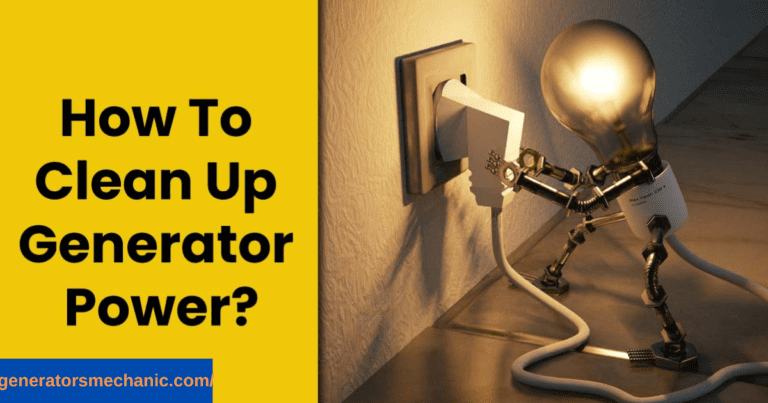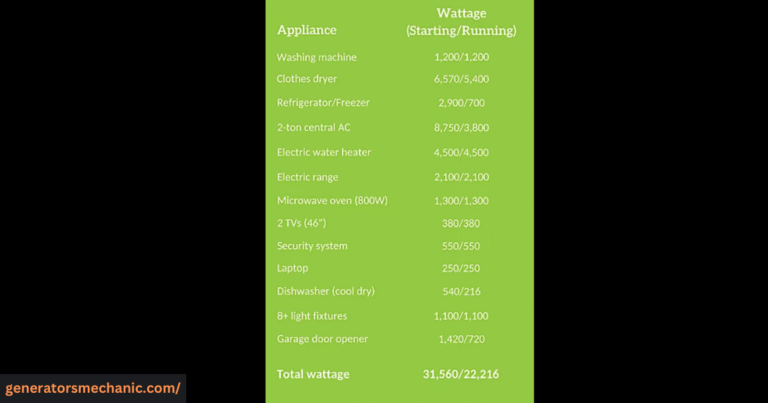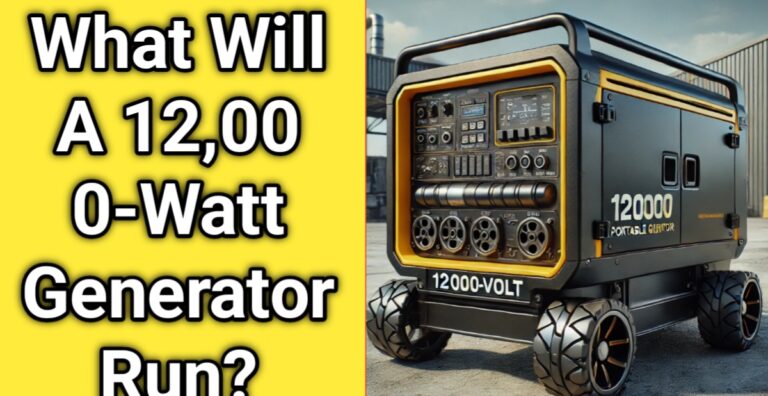Inverter Generators Explained – Benefits, Drawbacks & Are They Worth It?
Introduction
When people ask, “Are inverter generators worth it?” the answer usually depends on their needs. Inverter generators are designed to be quieter, more fuel-efficient, and safer for sensitive electronics compared to traditional models. If you live in an area with frequent power outages or enjoy camping and outdoor trips, then investing in one can be a smart choice.
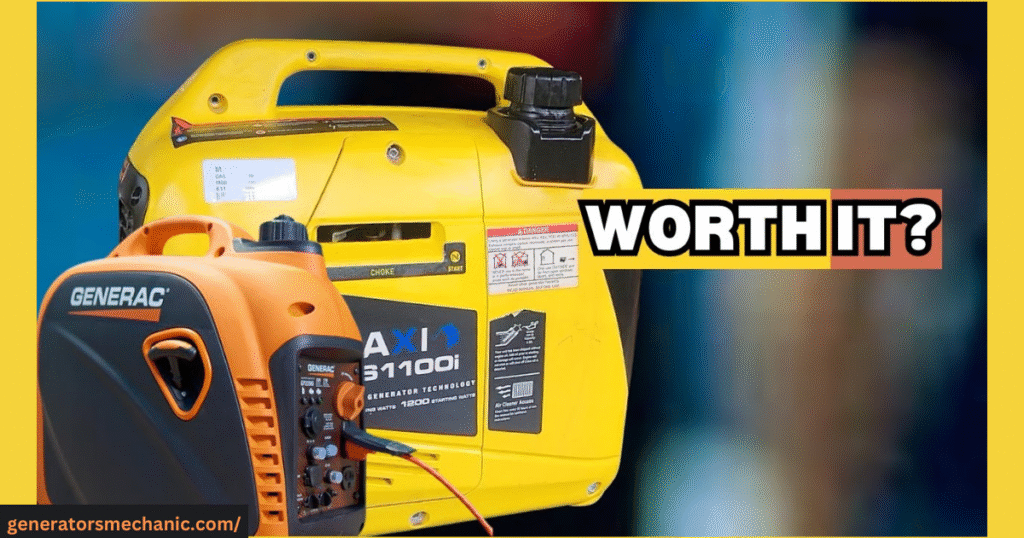
Many users online also discuss this topic, and if you check forums like “Are inverter generators worth it Reddit”, you’ll see that most real-world experiences highlight their long-term benefits despite the higher upfront cost. In short, if you value clean power, portability, and quiet operation, an inverter generator is definitely worth considering.
Generators have always been a reliable solution for power outages and outdoor needs. But in recent years, inverter generators have gained massive popularity. They promise quieter operation, fuel savings, and safe electricity for sensitive devices. Still, the main question remains: Are inverter generators really worth it? Let’s break it down step by step.
What is an Inverter Generator?
An inverter generator is a modern type of generator that produces clean and stable electricity. Unlike conventional generators that run at a constant speed and sometimes cause power fluctuations, an inverter generator adjusts its engine speed based on the actual load. This makes it more fuel-efficient, quieter, and safer for sensitive devices such as laptops, TVs, and mobile phones.
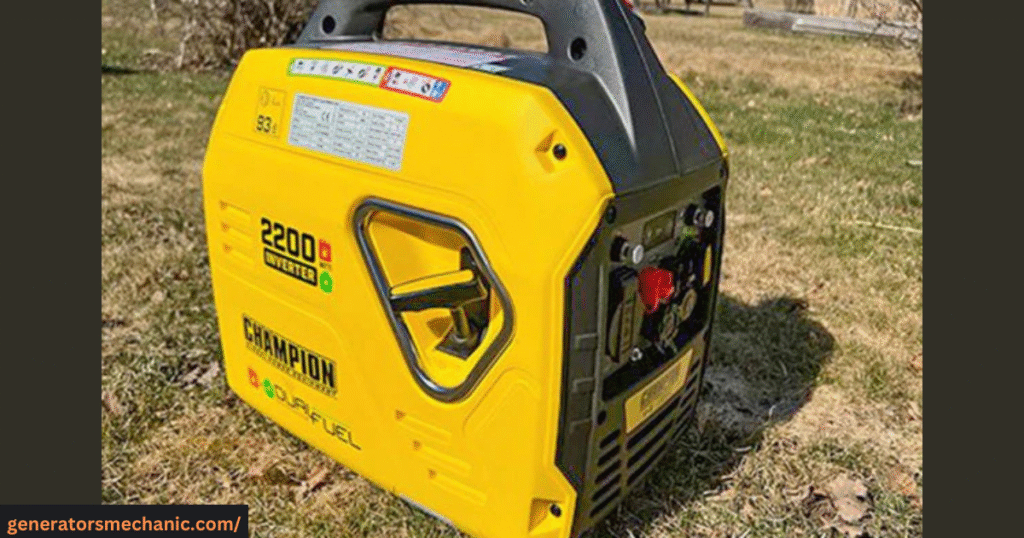
For homeowners, this technology is especially valuable. Instead of worrying about damaging electronics or wasting fuel, you get a reliable and efficient power backup. Many people wonder, “Are inverter generators worth it for the home?” The answer is yes—if you need a compact, quiet, and safe solution to keep essential appliances running during outages, an inverter generator is a smart investment.
How It Works
An inverter generator produces AC electricity like a traditional generator, but then converts it into DC power and back into stable AC power. This double conversion process ensures the electricity is much cleaner and safer.
Difference from Conventional Generators
- Traditional generators produce raw power that fluctuates.
- Inverter generators deliver a steady and consistent power flow.
- They are also lighter, smaller, and more fuel-efficient compared to bulky conventional models.
Advantages of Inverter Generators
One of the biggest advantages of inverter generators is their fuel efficiency. Unlike traditional models that run at a constant speed, inverter generators adjust their engine speed according to the power demand. This not only saves fuel but also reduces running costs in the long term. For people who want reliability without spending too much on fuel, an inverter generator is a smart option.
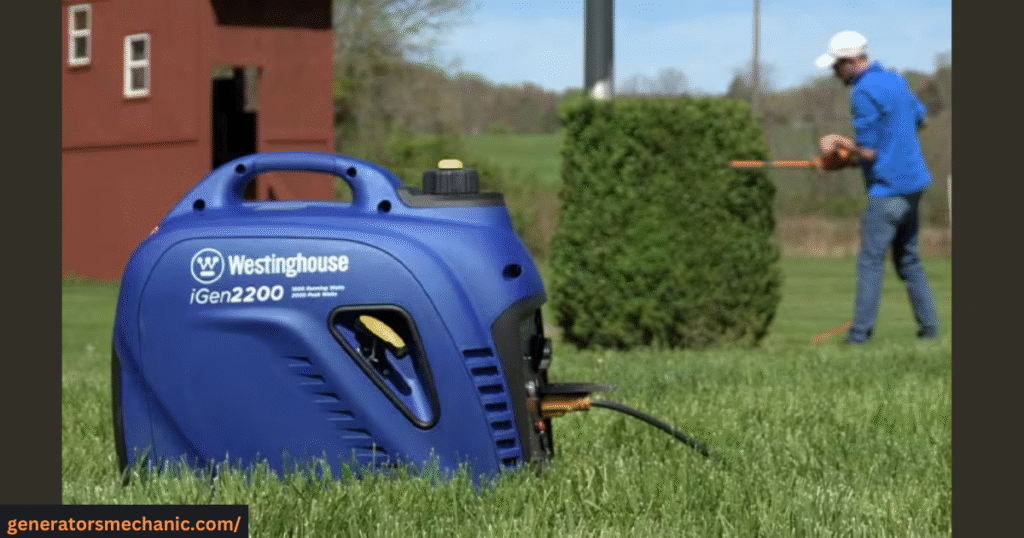
Another major benefit is clean and stable power output. Inverter generators produce electricity with minimal fluctuations, making them safe for sensitive devices like laptops, TVs, and smartphones. If you are looking for the best inverter generator for home or outdoor use, this feature alone makes them stand out because it protects your expensive electronics.
Portability is another reason why many homeowners and campers prefer inverter generators. They are compact, lightweight, and often come with handles or wheels, making them easy to move around. Whether you are planning a camping trip or need emergency backup at home, carrying an inverter generator is far more convenient compared to bulky conventional models.
Lastly, inverter generators are known for their quiet operation. Instead of the loud noise that comes with traditional units, they run smoothly and quietly, which makes them ideal for residential areas, camping sites, or even small businesses. Having a quiet yet powerful machine gives you peace of mind without disturbing others.
Fuel Efficiency and Cost Savings
Inverter generators adjust their engine speed according to the load. This means they consume less fuel, making them more economical in the long run.
Stable and Clean Power for Electronics
They produce clean sine wave electricity, which is ideal for sensitive devices like laptops, smartphones, and televisions. No more risk of frying your expensive gadgets.
Portability and Compact Size
Most inverter generators are lightweight and come with handles or wheels, making them easy to carry for camping, RV trips, or backyard use.
Low Noise Operation
Unlike noisy traditional generators, inverter models run quietly. This makes them perfect for residential areas, outdoor events, or campsites where peace matters.
Disadvantages of Inverter Generators
While inverter generators come with many advantages, they also have certain drawbacks that buyers should consider before making a decision. One of the biggest disadvantages is their higher upfront cost compared to conventional generators. For many households, this can feel like a major barrier, especially when a traditional generator can provide more raw power for a lower price.
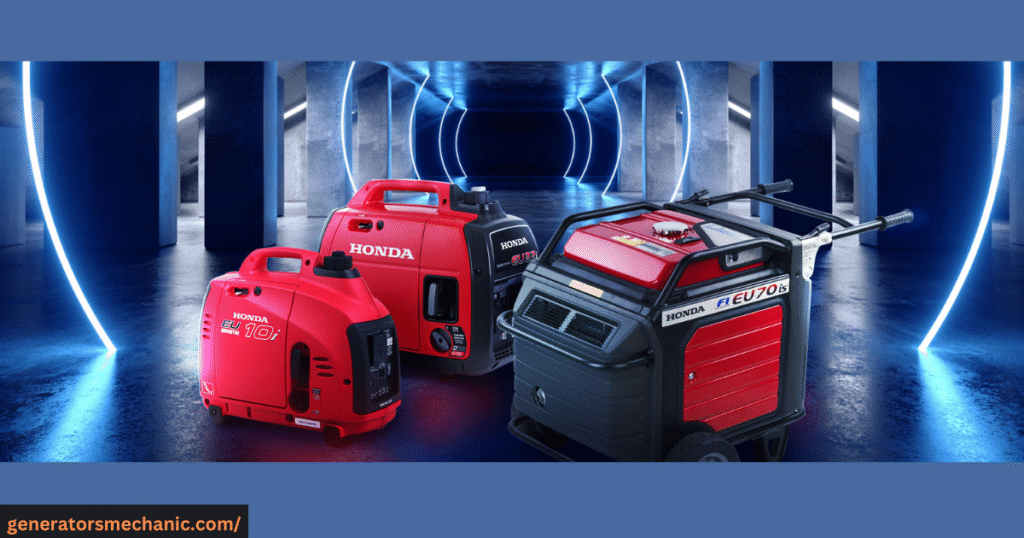
Another limitation is power capacity. Inverter generators are generally designed for light to medium usage, which means they may not handle heavy-duty appliances or power an entire home during long outages. This often leads homeowners to compare an inverter or a generator, which is best for home use, and the answer depends on individual needs. If you require a compact, quiet option for sensitive electronics, an inverter generator is a smart choice. But if your priority is high power for multiple large appliances, a traditional generator might serve you better.
Lastly, repair and maintenance costs can be slightly higher due to the advanced technology inside inverter models. Their parts are more sophisticated, and professional servicing is often required, which adds to the long-term expenses.
Higher Initial Price
They usually cost more upfront than traditional generators. For some buyers, this higher price tag can feel like a drawback.
Limited Power Output
Inverter generators are excellent for light to medium use but may struggle with heavy-duty appliances or powering an entire household at once.
Repair and Maintenance Cost
Their advanced technology can make repairs more expensive compared to conventional generators.
Who Should Consider an Inverter Generator?
Inverter generators are not designed for everyone, but for specific users, they can be a smart investment. If you often face power outages at home and want a reliable backup for essential appliances like lights, refrigerators, and Wi-Fi routers, then an inverter generator is worth considering. Their clean and stable power ensures your sensitive electronics stay safe, unlike a traditional generator that may produce fluctuating electricity.
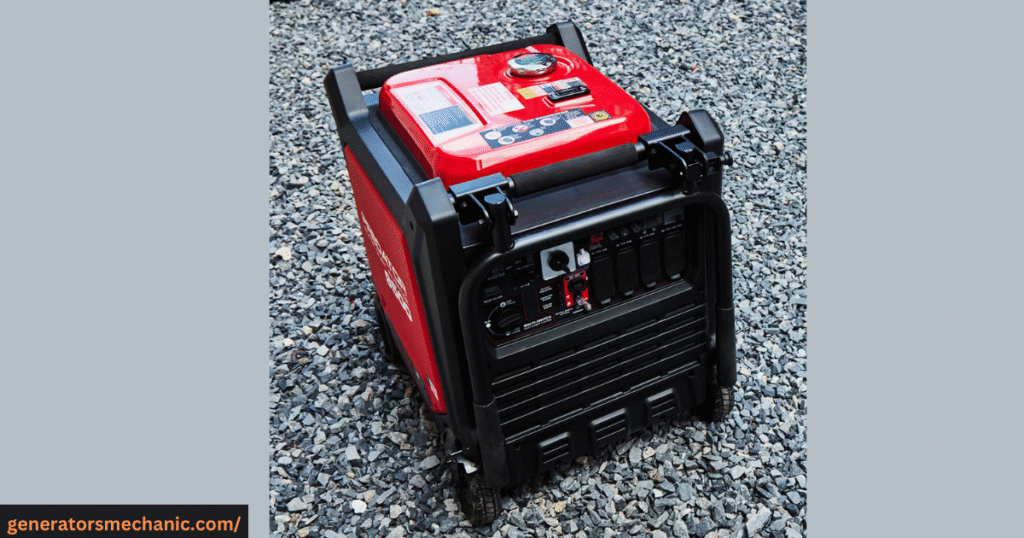
Campers, RV owners, and outdoor enthusiasts are another group who should seriously think about buying one. Since inverter models are lightweight and much quieter, they are ideal for outdoor activities where noise can be disturbing. Small business owners who rely on computers, billing machines, or medical equipment can also benefit from them because inverter generators provide consistent power that prevents data loss and equipment damage.
When comparing an inverter generator vs a generator, the choice depends on your needs. If you need heavy-duty power for an entire household or industrial equipment, a conventional generator may be better. But if portability, fuel efficiency, and safe electricity for electronics are your priorities, an inverter generator is the right option.
Homeowners (Backup Power Needs)
If you need a generator to run essentials like lights, fans, and refrigerators during outages, an inverter generator is a great option.
Campers and Outdoor Enthusiasts
For camping, RV trips, and tailgating, their quiet and portable nature makes them the best choice.
Small Businesses and Shops
If you run a shop with cash registers, lights, or computers, an inverter generator can provide safe backup without damaging equipment.
People with Sensitive Electronics
Anyone who depends on laptops, Wi-Fi routers, or medical devices should consider inverter generators for their clean, stable power.
Inverter Generators vs Traditional Generators
When comparing inverter generators to traditional ones, the biggest differences come down to efficiency, noise, and power quality. Traditional generators usually provide raw, fluctuating electricity that may be enough for basic appliances but can be harmful to sensitive electronics. On the other hand, inverter generators are designed to produce clean and stable power, which makes them safer for devices like laptops, televisions, and smartphones.
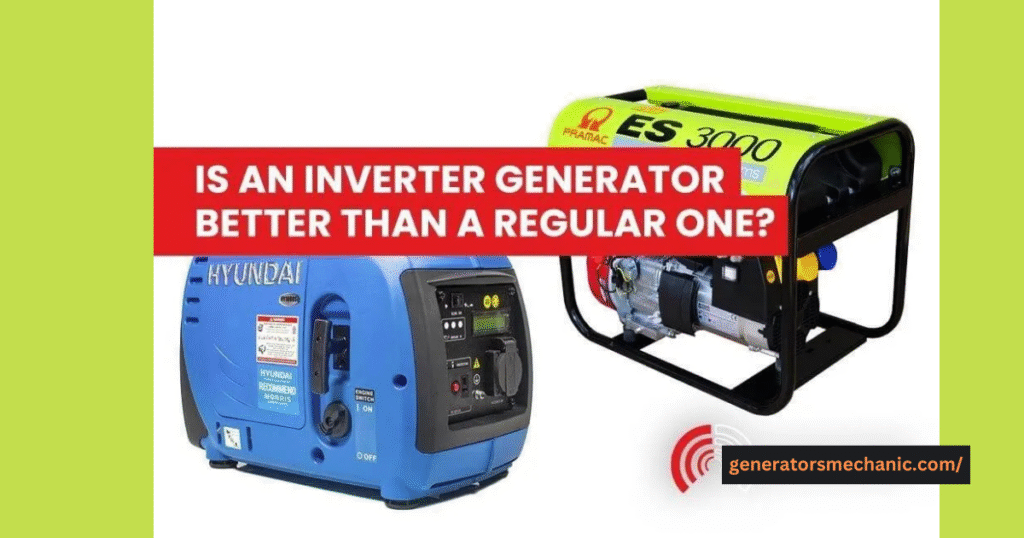
Another major difference is fuel efficiency. Traditional models often run at a constant speed, wasting fuel even when the load is low. Inverter generators, however, automatically adjust engine speed to match the power demand, saving both fuel and money over time. They are also quieter and more portable, which makes them ideal for camping, RV trips, or even small home backup systems.
For example, a Honda inverter generator is widely recognized for its balance of performance, quiet operation, and reliability. While the initial price may be higher compared to a conventional generator, the long-term benefits of reduced fuel consumption, less noise, and extended lifespan often make inverter models the smarter investment.
| Feature | Inverter Generator | Traditional Generator |
| Fuel Efficiency | High (engine adjusts to load) | Low (constant speed) |
| Noise Level | Very quiet | Loud |
| Power Quality | Clean and stable | Fluctuates |
| Price | Higher upfront | Lower upfront |
| Portability | Lightweight & compact | Heavy and bulky |
Key Factors Before Buying an Inverter Generator
When it comes to purchasing an inverter generator, it’s important to look beyond just the brand name or price tag. You need to carefully evaluate a few essential factors to make sure the model you choose actually fits your lifestyle and power requirements.
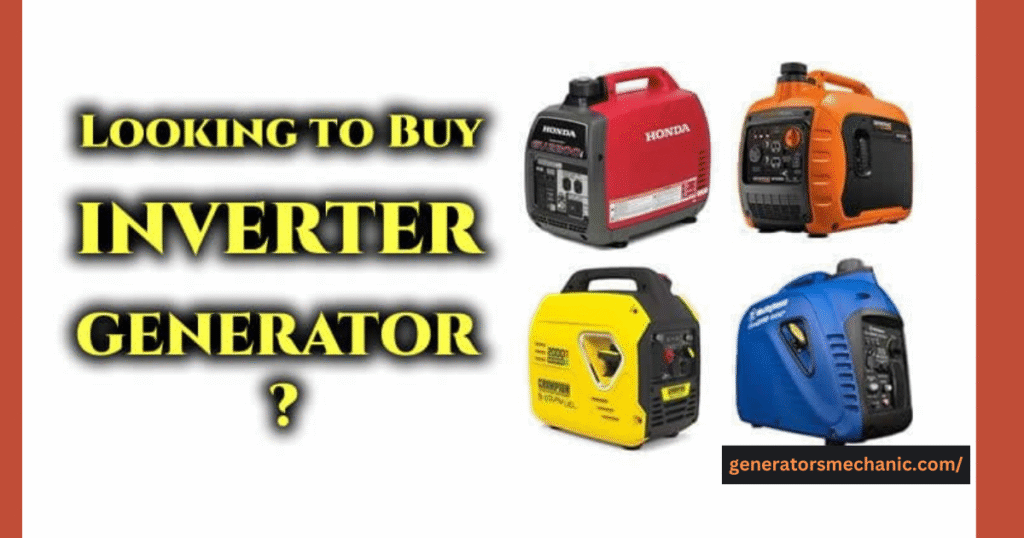
One of the first things to consider is your power needs. Make a list of the appliances or devices you want to run during an outage or while outdoors. Inverter generators are excellent for essentials like refrigerators, lights, and electronics, but may not be ideal for heavy-duty tools or powering an entire household at once.
Another key factor is noise level. Many people ask, “Are inverter generators quieter?” The answer is yes—they are significantly quieter compared to traditional models, making them perfect for camping trips, neighborhood use, or any situation where peace matters.
You should also think about fuel efficiency. Inverter generators automatically adjust engine speed depending on the load, which helps save fuel and lowers long-term costs. While the initial price may be higher than conventional units, this efficiency can actually save you money in the long run.
Lastly, don’t forget about brand reliability, service support, and warranty. Choosing a trusted manufacturer ensures that you not only get a durable product but also the right after-sales service if something goes wrong.
- Budget: Can you afford the higher initial cost?
- Power Requirements: How many appliances do you need to run?
- Frequency of Use: Occasional camping or frequent backup at home?
- Brand Reliability & Warranty: A good brand ensures durability and service support.
Conclusion
So, are inverter generators worth it? Yes, absolutely—if you need quiet, portable, and fuel-efficient power for sensitive electronics or light to medium use. They may cost more upfront, but the long-term benefits often outweigh the drawbacks. However, if your goal is heavy-duty power for an entire home or industrial use, a traditional generator might suit you better.
In short, for modern lifestyle needs, inverter generators are definitely worth it.
✅ FAQs (with answers)
Are inverter generators more efficient than traditional ones?
Yes, inverter generators adjust engine speed to match power demand, making them more fuel-efficient than conventional generators.
Can an inverter generator run a whole house?
Not usually. Inverter generators are best for light to medium loads like refrigerators, lights, and electronics, but not for heavy-duty appliances.
Are inverter generators safe for electronics?
Yes. They produce clean, stable electricity that protects sensitive devices such as laptops, TVs, and smartphones from power fluctuations.
Why are inverter generators more expensive?
They use advanced technology for stable power, quieter operation, and fuel savings, which increases their upfront cost compared to regular generators.
Who should buy an inverter generator?
They are perfect for campers, homeowners with occasional outages, small businesses, and anyone who needs safe power for sensitive electronics.
What are the disadvantages of an inverter generator?
They are considerably more costly than conventional portable generators with similar claimed wattage. …
They are more challenging for homeowners to maintain.
Which is better, an inverter or a non-inverter generator?
An inverter generator generates power like a traditional generator, but it first converts it to DC power before its microprocessor transforms DC power back into cleaner AC power. This method results in a significantly higher quality of power and serves as a more dependable power source, akin to that of grid electricity.
Can inverter generators damage electronics?
Clean Power: The AC power generated by an inverter generator exhibits very low harmonic distortion and is safe for use with small electronic devices. The output form of AC power is a pure sine wave, which is not known to damage household appliances and sensitive electronic equipment, including medical devices.
How long will an inverter generator last?
Most Inverter Generators are designed for a total operational lifespan of 1,500–2,500 hours. When fully fueled, they generally operate for 6 to 18 hours, depending on the load and fuel efficiency.
Can I run a refrigerator on an inverter generator?
A 3000W inverter generator serves as a suitable backup solution for homes. It can power most household appliances, including refrigerators, freezers, space heaters, and microwaves. However, it is not capable of running large energy-intensive appliances such as dryers or substantial central air conditioning units.
Which is better, a gas or an inverter generator?
Traditional gas and propane generators have fewer components and are typically available at a lower cost. However, conventional generators operate at full speed regardless of the amount of electricity consumed. With enhanced fuel efficiency, inverters can lead to cost savings over time by adjusting their output based on actual power usage.
What size generator will run a house?
To power an entire home, a significantly larger generator is required, usually ranging from 12,000 to 22,000 watts (12kW – 22kW) or more, heavily influenced by the size of your A/C unit.


